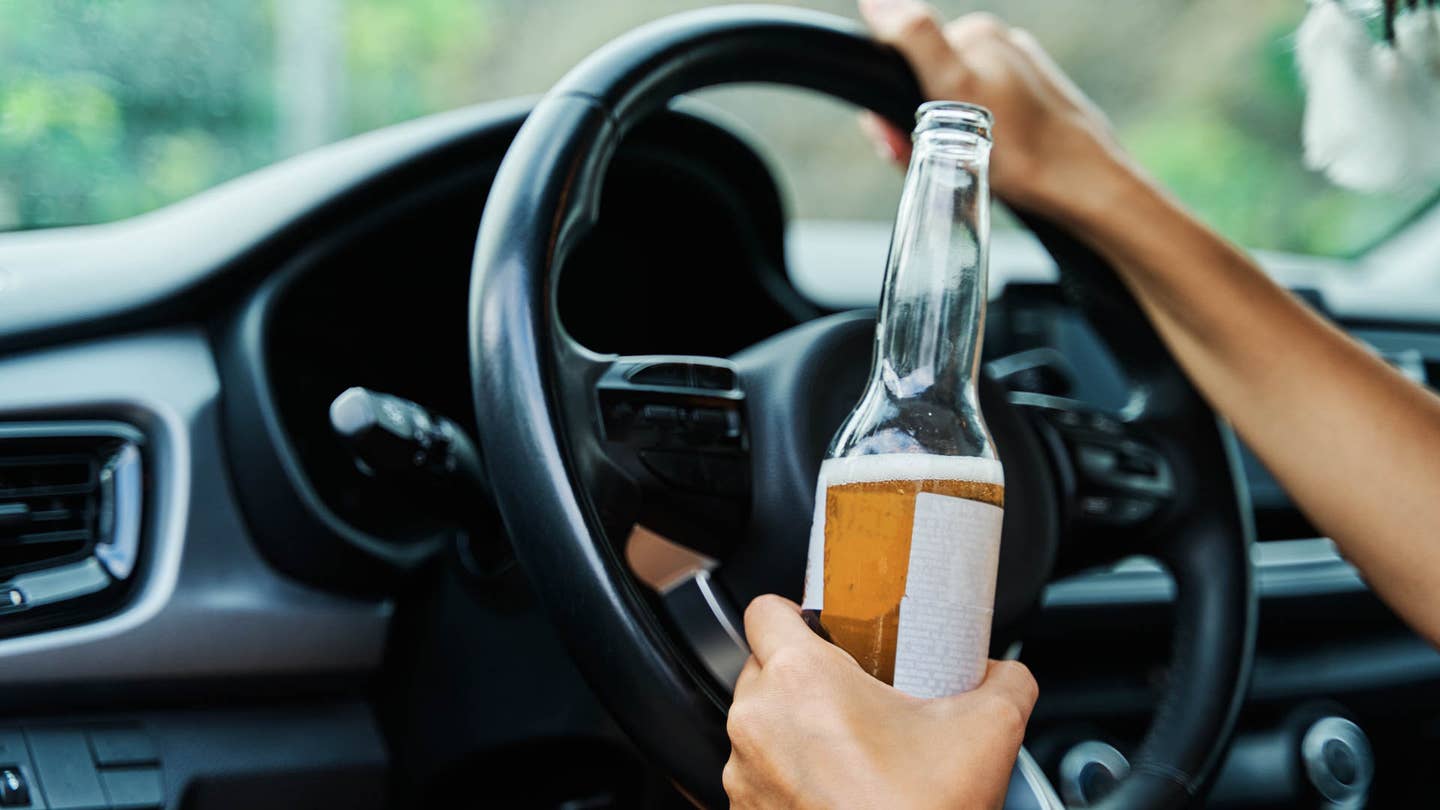How can technology determine impaired driving and will it become mandatory?

Cars are already pretty smart. They can tell when you aren’t paying attention to the road, they know if you take your hands off the steering wheel, and they can even tell when you’re sleepy. Some cars will flash a little coffee cup symbol when they think you’re too tired to drive. But what if they could determine if a driver is drunk? That’s what the National Highway Traffic Safety Administration is proposing and GM is getting behind the idea.
The NHTSA has been trying to get drunk-driving-detection technology into cars for years. However, it’s just recently issued an Advanced Notice for Proposed Rule Making (ANPRM) for “impaired driving prevention technology.” In a nutshell, the NHTSA wants to create criteria for what constitutes impaired driving and the technology to detect it. And GM is working to help create such technology.
“We’ve been working with regulators on that,” said GM CEO Mary Barra during an interview at the Economic Club of Washington D.C on December 13, per Auto News. “We have technology to do that. “I think that’s technology that’s coming that I think is going to be good for everyone.”
Getty
Drunk driving is one of the biggest causes of death on the road. According to the NHTSA, roughly 37 people die of drunk driving every day in America, which equates to around one death every 39 minutes. In 2021, 13,384 people were killed in drunk driving incidents, which was up 14% from 2020. Naturally, the NHTSA wants to prevent those deaths or as many as absolutely possible.
How will cars be able to detect drunk drivers and will that technology be mandatory on all new cars? At the moment, the most common drunk driving detector is the breathalyzer test, which determines a driver’s blood-alcohol content (BAC) from their breath. Unfortunately, that isn’t an entirely accurate method of detection, as it isn’t consistent. A person’s size, diet, and tolerance to alcohol can affect their level of impairment, relative to their BAC.
Getty
Cars can tell you’re tired by watching your eyes, your smoothness of inputs, and whether you swerve too much. But can they do the same with drunk driving and how accurate can it be? If a driver cheats the system somehow and the car says they’re good to go but they’re drunk and crash, what happens? Plus, drunk driving isn’t the only form of impairment. Various other drugs and medications can make drivers too impaired to drive, as can exhaustion, and even distraction.
When would this technology work? If it uses eye tracking and driver inputs, it’s already too late, the drunk driver is already on the road. And if it does recognize impaired driving that way, does it slow the car to a stop and shut it down? Whatever regulations the NHTSA issues, they have to meet the National Traffic and Motor Vehicle Safety Act, which means they have to be “reasonable, practicable, and reduce traffic crashes and associated deaths, among other factors.
There are countless questions as to how this technology would work and how it would be implemented. It will certainly be interesting to see how regulators determine what constitutes impaired driving and how automakers implement the detection technology if it becomes mandatory.
Got tips? Send ’em to tips@thedrive.com


